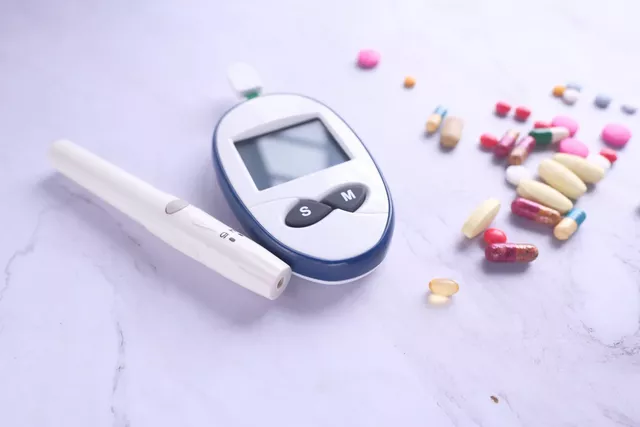Amenorrhea: What You Need to Know About Missing Periods
Ever skipped a period and wondered if it’s normal or something more? That’s where amenorrhea comes in. It’s the medical term for when menstrual periods stop happening. This can be totally normal, like during pregnancy or menopause, but sometimes it signals a health issue that needs a closer look.
Amenorrhea is split into two types: primary and secondary. Primary means a girl hasn’t started her period by age 15 or 16. Secondary means someone who had periods before but they’ve stopped for three months or longer. Both kinds need attention because they can point to different causes.
What Causes Amenorrhea?
There are lots of reasons periods might disappear. One common cause is pregnancy, so that’s always the first thing to rule out. Other causes include stress, big changes in weight, excessive exercise, or hormonal imbalances like issues with the thyroid or pituitary gland. Some women have problems with their reproductive organs, like blockages or scarring, which can stop periods too.
Some medications or medical conditions, like polycystic ovary syndrome (PCOS) or premature ovarian failure, may also cause amenorrhea. It’s important to see a healthcare provider to find the exact cause, especially if you’re not pregnant and missing periods suddenly.
How Is Amenorrhea Treated?
Treatment depends on what’s behind the missed periods. If it’s stress or weight-related, lifestyle changes like managing stress or adjusting exercise routines can help. Hormonal therapy might be needed if there’s an imbalance or a problem with ovarian function. In some cases, treating an underlying condition like PCOS or thyroid disorder will restore periods.
The key is getting a proper diagnosis. Doctors usually start with a physical exam, questions about your health history, and some blood tests. Sometimes imaging scans help check the reproductive organs. After that, they can recommend the best way to get your cycle back on track safely.
Missing periods can be worrying, but knowing the basics about amenorrhea makes it easier to take control. If you’ve missed your period for a few months without a clear reason, don’t wait—talk to a healthcare provider who can guide you through the next steps. Your health and peace of mind mean everything.

The Importance of Self-Care for Women with Amenorrhea
- Date: 6 Jul 2023
- Categories:
- Author: David Griffiths
In my latest blog post, I delve into the significance of self-care for women dealing with amenorrhea. I discuss the physical and emotional impact of this condition, stressing the vital role of a balanced diet, regular exercise, stress management, and adequate sleep. I also touch on the importance of mental health, as the absence of periods can lead to anxiety or depression for some. Remember ladies, prioritizing self-care isn't selfish, it's necessary, especially when dealing with amenorrhea. Take time to understand your body and give it the care it needs.




